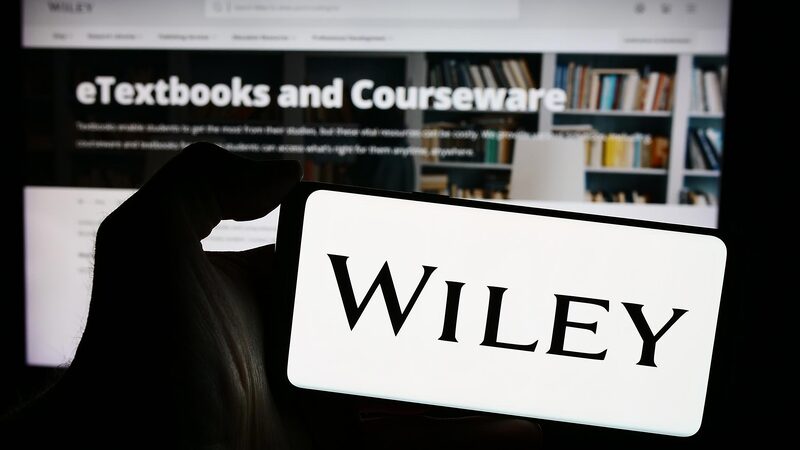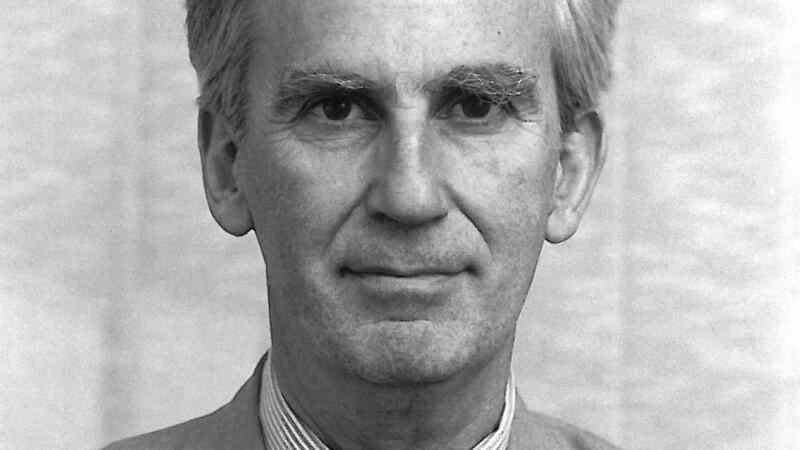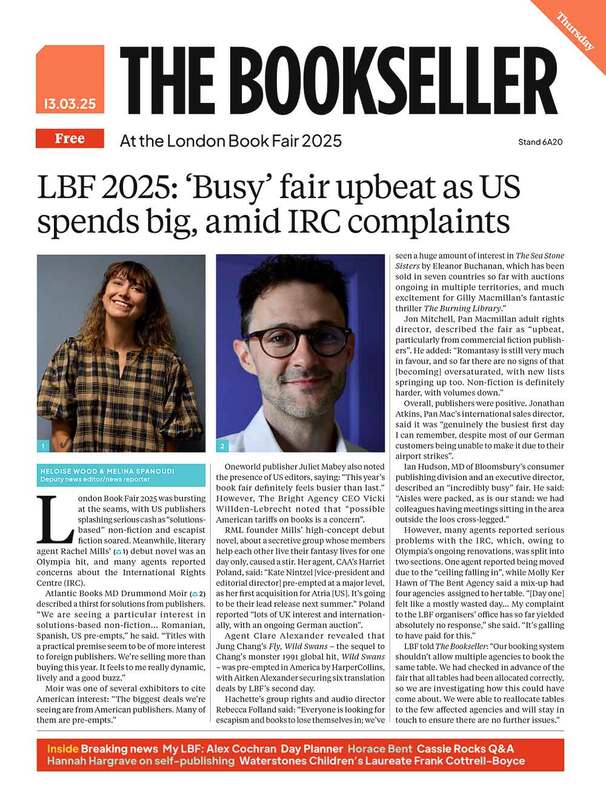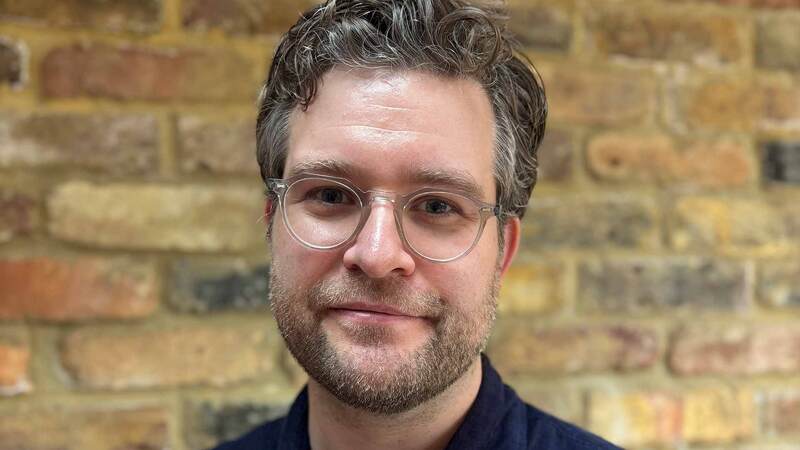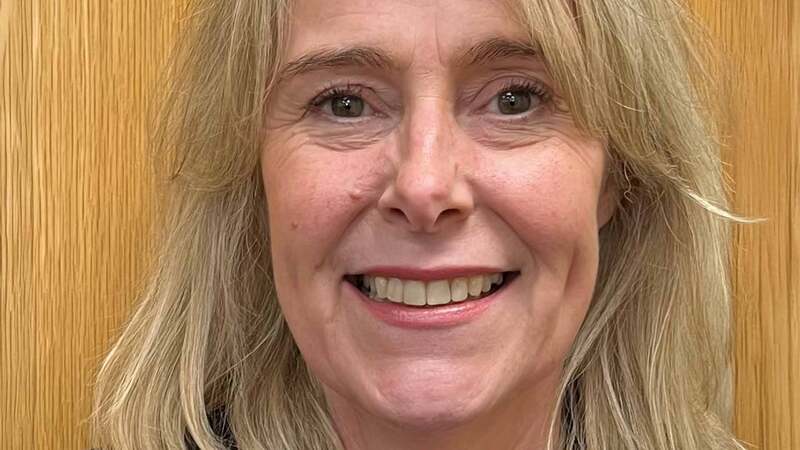You are viewing your 1 free article this month. Login to read more articles.
Publishers go head to head with the Internet Archive in copyright lawsuit in the US
A group of four major publishers and the Internet Archive (IA) submitted their motions to a New York federal judge on Monday (20th March) for summary judgment in a landmark copyright infringement lawsuit.
Brewster Kahle’s organisation IA has been criticised for its mass scanning and distribution of literary works under a process called Controlled Digital Lending (CDL), which compares the copies to traditional library lending. The publishers say it is a front for mass copyright infringement that hurts the e-book market for authors.
Member companies of the Association of American Publishers (AAP) first filed a lawsuit against IA in June 2020 in the United States District Court for the Southern District of New York. Among the plaintiffs are Hachette Book Group, HarperCollins Publishers, Penguin Random House and Wiley.
Both sides have asked the court to rule on their arguments and decide the case before a trial. Yesterday’s hearing was held by telephone and it is thought to be likely that the hearing will be all the judge requires to reach a final ruling on the case.
Reuters reported the publishers’ lawyer, Elizabeth McNamara, of Davis Wright Tremaine, told US District Judge John Koeltl that the IA and its founder Kahle want to "make all knowledge free", but do not want to "pay authors or publishers to realise this grand scheme". Thousands of libraries pay to license e-books, she said.
IA lawyer Joe Gratz, of Morrison & Foerster, said the non-profit organisation’s programme is "wholly non-commercial", like a brick-and-mortar library, and that the case would decide "who controls the future of library lending".
Reuters noted the judge had “pointed questions” for IA. It reported Koeltl saying it "elides the issue to say that this case is about the ability of a library to lend a book that it owns. Does the library have the right to lend a book that it owns? Of course! That’s not the issue in the case."
Koeltl said earlier landmark decisions on fair use imply that copying and distributing entire books to the public would not be protected by the doctrine.
"You avoid the question of whether the library has the right to reproduce the book that it otherwise has the right to possess, which is really at the heart of the case," Koeltl told Gratz. "The publisher has a copyright right to control reproduction."
Koeltl also questioned whether the publishers proved they had been damaged, asking McNamara whether this was a fact issue that would require a trial to resolve.
He noted testimony from IA that the publishers’ revenues had not been affected by the digital lending programme.






